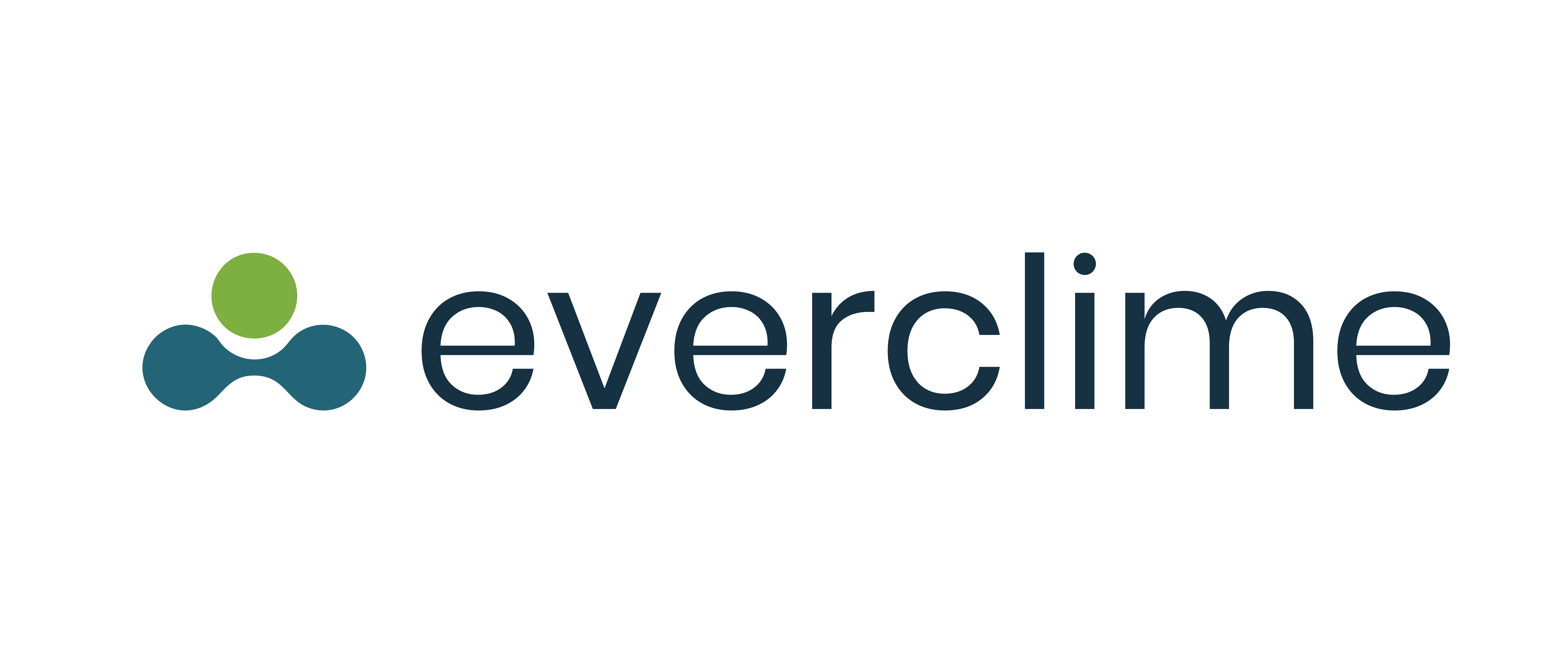



Canopy Blue
Latest Impact Card
Brand Description
Canopy Blue is pioneering hyperscale offshore seaweed afforestation and reforestation to sequester CO2, restore the oceans, regenerate the planet and deliver a carbon neutral replacement for fossil fuels.
Canopy Blue has partnered with The University of Western Australia on a project that aims to restore the 97,438 hectares of kelp forest lost during the 2011 marine heatwave, which caused 310,949 tonnes of carbon to be released into the atmosphere. Canopy Blue have partnered with UWA to upscale restoration, via a direct investment and through the creation and sale of Kelp Reforestation Credits.
Canopy Blue has partnered with The University of Western Australia on a project that aims to restore the 97,438 hectares of kelp forest lost during the 2011 marine heatwave, which caused 310,949 tonnes of carbon to be released into the atmosphere. Canopy Blue have partnered with UWA to upscale restoration, via a direct investment and through the creation and sale of Kelp Reforestation Credits.
Associated Projects


No Rewards
This company has no rewards yet
No projects
This brand has no connected projects yet.
Associated Rewards
No Rewards
This company has no rewards yet
No rewards
This brand has no connected rewards yet
Brand Story
An Unprecedented Challenge. An Unprecedented Opportunity.
Global warming presents a threat to life as we know it.
To avoid catastrophic consequences, we must limit the rise of average global temperatures to 1.5°C and reach net zero carbon emissions by 2050.
Canopy Blue is part of a green economy shift to help decarbonise the world.
We are building the world’s first hyper-scale seaweed cultivation sites to produce carbon-neutral food, biofuels, bioplastics and a vast range of other products.
To avoid catastrophic consequences, we must limit the rise of average global temperatures to 1.5°C and reach net zero carbon emissions by 2050.
Canopy Blue is part of a green economy shift to help decarbonise the world.
We are building the world’s first hyper-scale seaweed cultivation sites to produce carbon-neutral food, biofuels, bioplastics and a vast range of other products.

Why Seaweed?
Seaweed cultivation has a net positive environmental impact and provides opportunities to replace emissions-intensive products with low-carbon food, animal feed, bioplastics and biofuels.
> No Land or Freshwater Use
> No Need for Fertilisers
> Nutrients and CO2 Capture
> Enhancing Ocean Ecosystems
> No Land or Freshwater Use
> No Need for Fertilisers
> Nutrients and CO2 Capture
> Enhancing Ocean Ecosystems

Sustainable Development Goals
The United Nations Sustainable Development Goals (SDGs) are a set of 17 interconnected goals established by the United Nations in 2015. The SDGs provide a comprehensive framework for addressing the world's most pressing economic, social, and environmental challenges.
Global impact groups play a crucial role in supporting the SDGs by creating mechanisms to mobilise resources, collaborate with stakeholders, and drive collective action toward achieving the goals. These groups have the capacity to leverage their expertise and resources to make a significant positive impact.
Global impact groups play a crucial role in supporting the SDGs by creating mechanisms to mobilise resources, collaborate with stakeholders, and drive collective action toward achieving the goals. These groups have the capacity to leverage their expertise and resources to make a significant positive impact.


